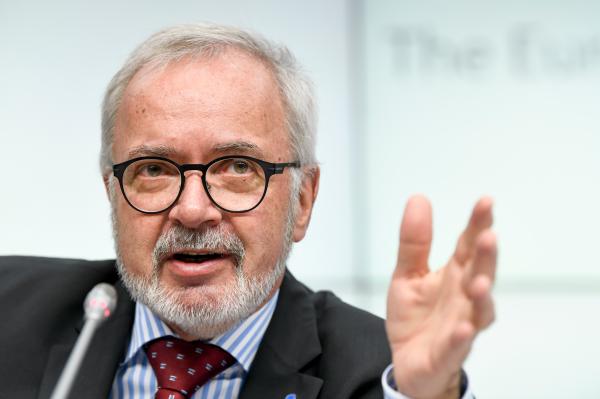
The economics of renewable energy have improved beyond recognition. Solar power is now the cheapest form of electricity in history. Over 90% of power-generation capacity added around the world last year was in renewables. But to stand a chance of limiting global warming to 1.5°C above pre-industrial levels, the world’s energy systems must transform even faster. And that requires governments and public financial institutions to stop supporting fossil fuels and instead prioritise international support for the clean-energy transition.
But, of course, jobs will also disappear as we abandon fossil fuels. We therefore must take steps to ensure that every community benefits from the transition. This will require carefully designed policies to support a managed shift away from older forms of energy generation. Global solidarity will be critical. We must do much more to provide everyone with the necessary technologies, expertise, investment support, and financial strategies.
At the United Nations Climate Change Conference (COP26) in Glasgow in November, governments and financial institutions must commit to supporting cheaper, cleaner, no-regrets energy, and to ending all international support for fossil-fuel-based power.
Read more in an Op-ed cosigned by EIB President Werner Hoyer with John Murton, UK government's COP26 Envoy, published by Project Syndicate.